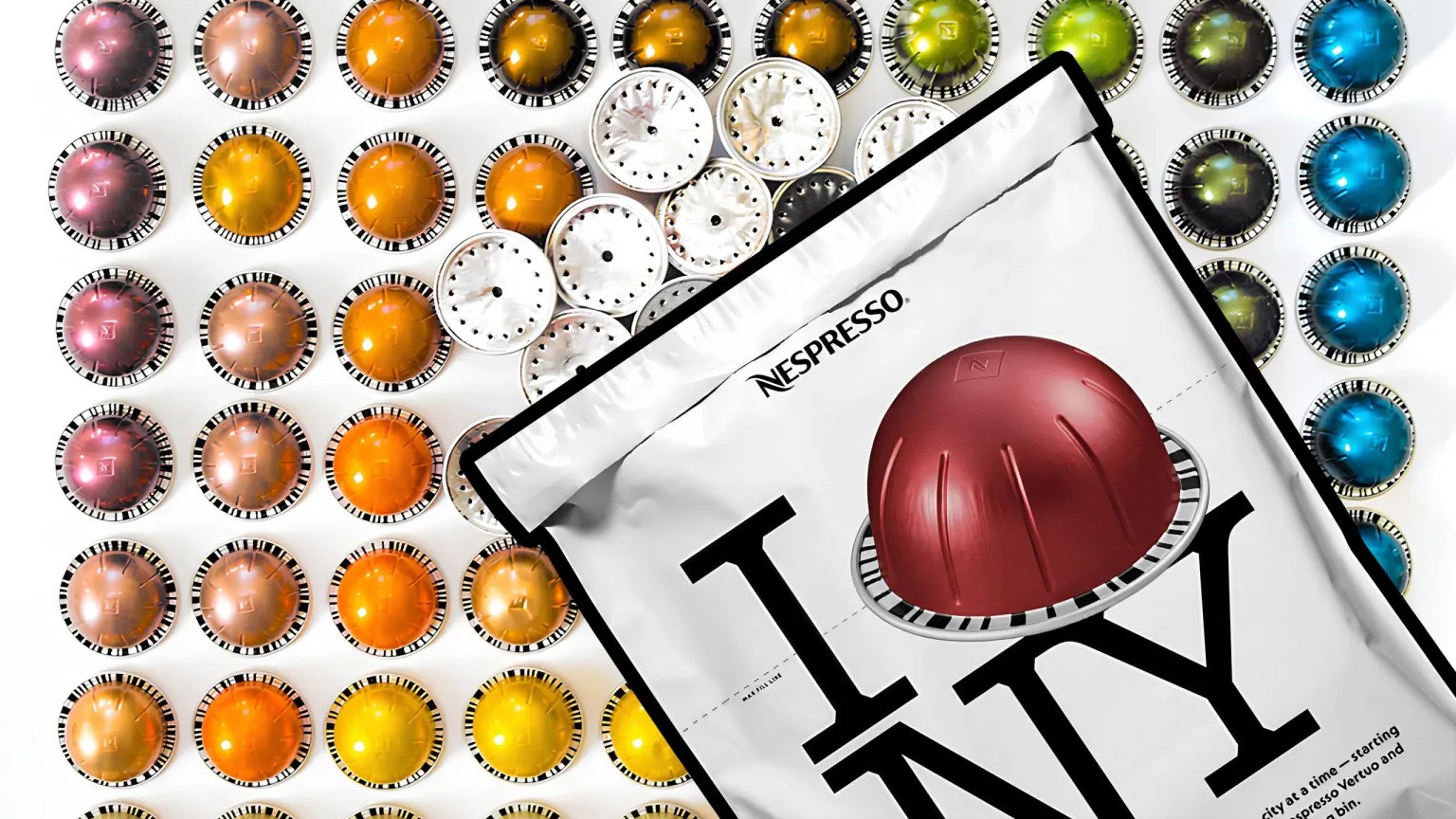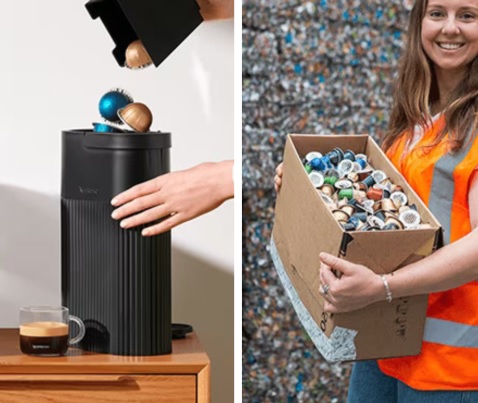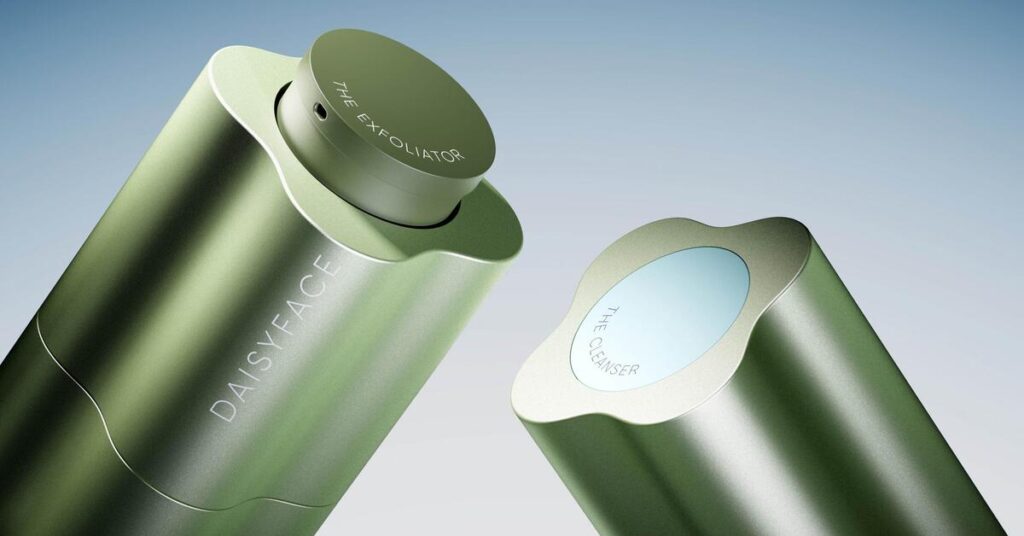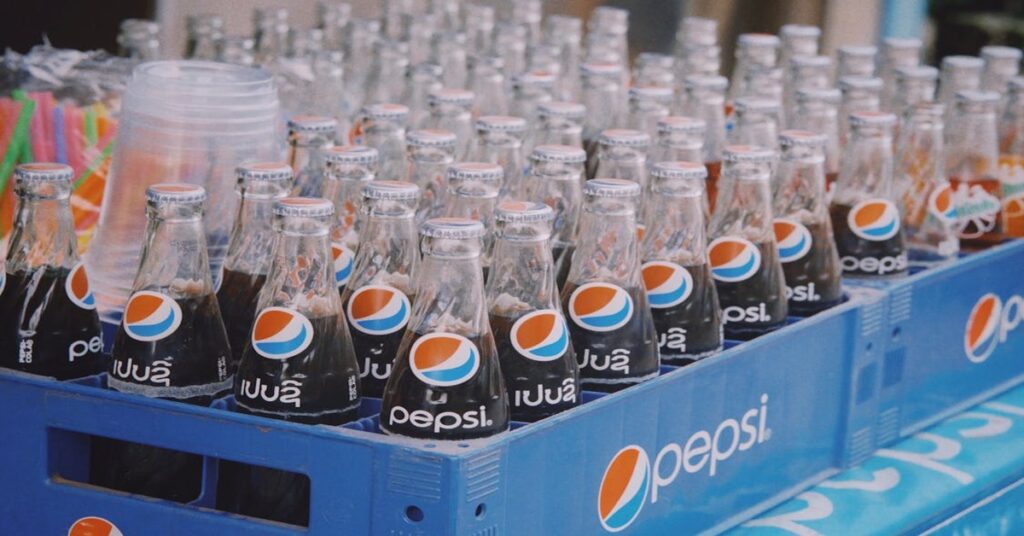Recycling—it sounds like a straightforward concept, right? Just toss your plastic, glass, or cardboard into the bin, and voilà! But in reality, it’s a labyrinth of rules, exceptions, and regional variations. State government websites attempt to demystify the process, yet confusion persists. So, what happens when good intentions collide with recycling chaos? Infact navigating the world of recycling can be a daunting task. It’s no wonder that many people find themselves unsure of what can and can’t be recycled. Let’s delve into the complexities of recycling and explore the ethical dilemma presented by coffee pods.

The Recycling Conundrum
While some pods are notorious for their environmental impact, some alternatives offer a more sustainable solution. Understanding the complexities of recycling can be overwhelming. The process can feel like an uphill battle from considering factors like size, material, and dryness to deciphering local regulations. State government websites may provide some guidance, but the lack of consistency in recycling rules often leads to confusion. As a result, many individuals resort to hopeful gestures, tossing items into recycling bins and praying they won’t end up in a landfill. Let’s explore this conundrum further.

Coffee Pads: Convenience vs. Sustainability
Coffee pods have become a staple in many households, offering convenience and a quick caffeine fix. However, their environmental impact has raised significant concerns. The notorious K-pod, made from non-recyclable plastic, has rightfully earned criticism for its wastefulness. Even the inventor, John Sylvan, has expressed regret over its creation. One would assume that all coffee pods share this unsustainable fate. However, Nespresso, a more upscale brand, has taken steps to address this issue.
Nespresso’s Metal Capsules: A Sustainable Twist
Nespresso, the upscale cousin of K-pods, took a different path. Their capsules boast metal construction, a deliberate choice to address environmental concerns. As part of their commitment to waste reduction, Nespresso has implemented a recycling program that empowers customers to return used pods. Whether through in-store drop-offs or mailing pods back to the company using a free bag, Nespresso aims to minimize the environmental footprint associated with coffee consumption.
In a nutshell, recycling is complicated, but every properly recycled item makes a difference. Coffee pods reflect our struggle with convenience and sustainability. While some brands continue to churn out environmental nightmares, others like Nespresso are proving that we can have our coffee and drink it with a little innovation and a lot of corporate responsibility.
Final Thoughts
Also Read: Drink Responsibly: How Nobl Water is Promoting Sustainability, One Carton at a Time?



